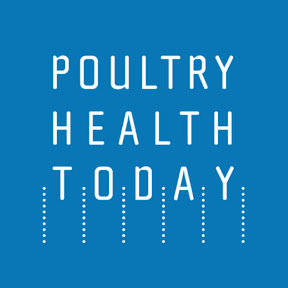



New USDA process-verified program, meat label to focus on responsible poultry, livestock care
A new USDA process-verified program and meat label is expected to help US poultry and livestock producers demonstrate their commitment to responsible antibiotic management without compromising the health and welfare of the animals under their care.Called One Health Certified, the program establishes verified animal-production practices in five core areas: disease prevention, veterinary care, responsible antibiotic use, animal welfare and environmental impacts.
Production companies that align their procedures with the program’s standards and pass an audit administered by USDA not only qualify for certification, but also the right to label their retail and wholesale products with a logo that conveys responsible animal care practices have been followed and verified.
The program is administered by the National Institute of Antimicrobial Resistance Research and Education (NIAMRRE), which is backed by non-commercial, science-based organizations, including Iowa State University and the University of Nebraska.
According to NIAMRRE, participating in this USDA process-verified program gives producers an objective, third-party verification that producers fully comply with the guidelines of the program. Through this process, participating companies will demonstrate their management commitment, transparency and accountability to follow the responsible animal care practices outlined in the One Health Certified program standards.
Mountaire first to adopt standards
Mountaire Farms, the nation’s sixth largest chicken producer, is the first company to adopt the standards for chicken. The company successfully completed audits in all of its production complexes in November of 2019, when USDA verified their practices met the One Health Certified standards.
“It was important to us that we participate in a holistic and ethical program that strives for optimal health outcomes for animals, consumers and the planet,” said Don Ritter, DVM, director of technical marketing, Mountaire Farms.
“One Health Certified successfully avoids the trade-offs and unintended consequences of more narrowly focused programs, which may at times put animal health and welfare at unnecessary risk,” he said.
In an interview with Poultry Health Today last year, Ritter reported that consumer research with about 1,000 people indicated that 83 percent would buy products with the One Health Certified label. Respondents said they most valued veterinary care and want animals taken care of.
One Health Certified defines species-specific requirements for each animal protein under one universal program. Chicken and turkey are the first species for which audit standards have been established. Additional animal protein standards are in progress and will become available for certification in the near future.
The official list of One Health Certified audited and approved producers and organizations is maintained by the USDA’s Agricultural Marketing Service and is available to the public.
For more information on the new USDA process-verified program, visit the One Health Certified website.












